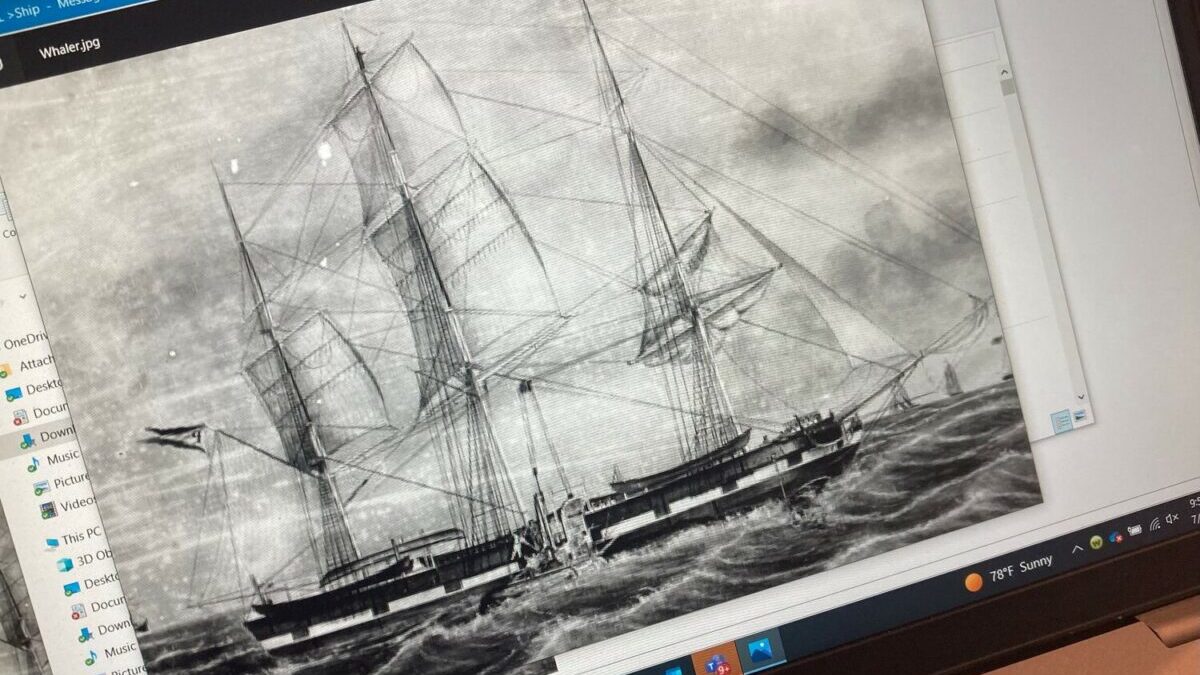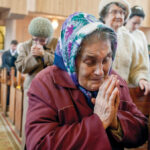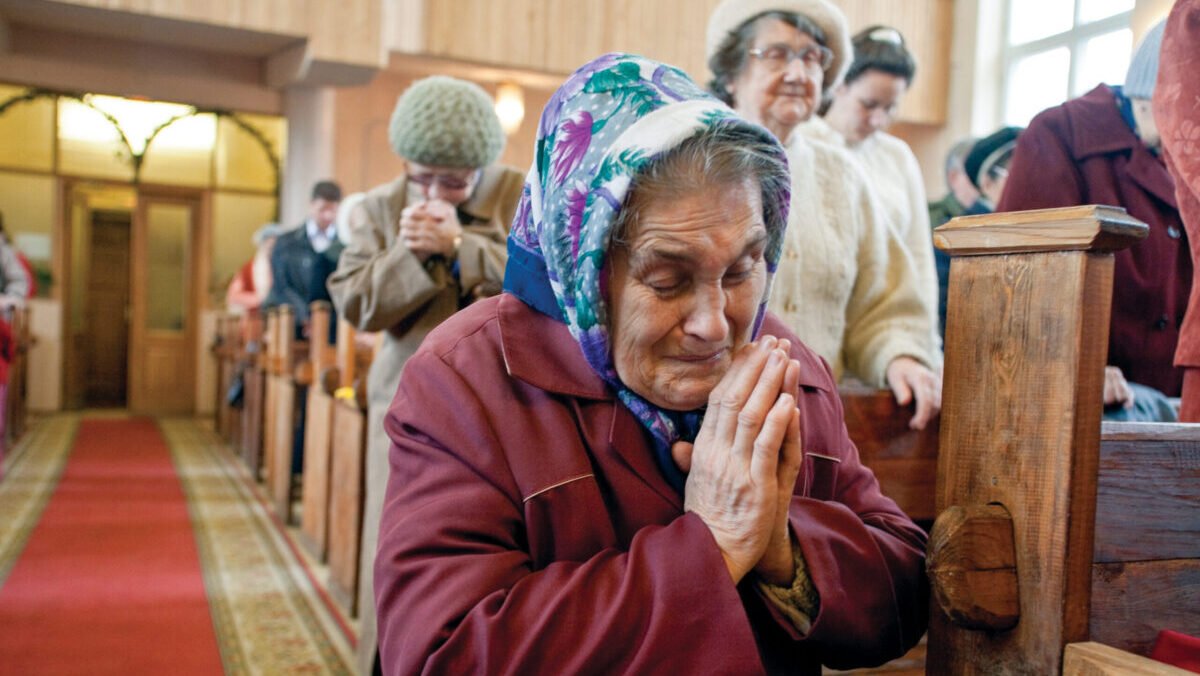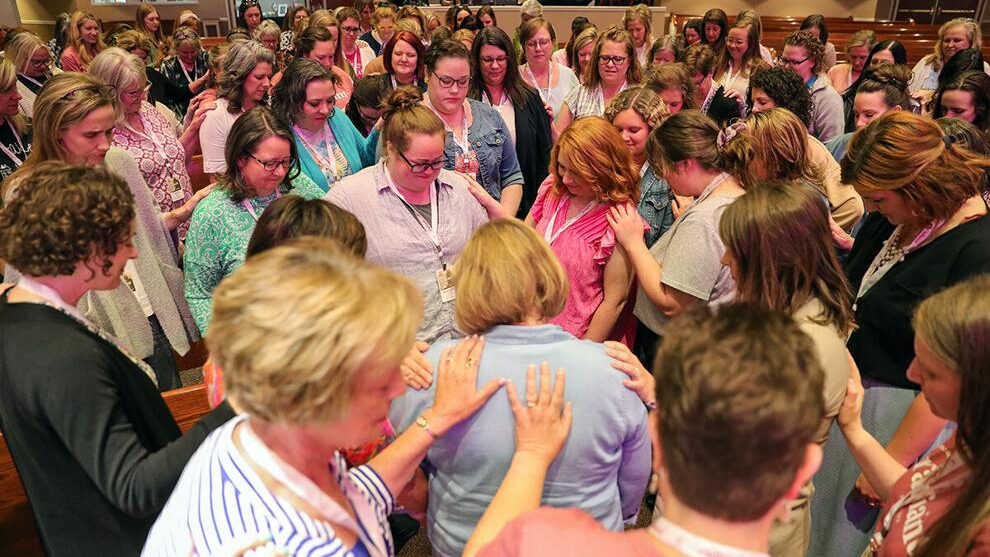He ran away from home in Georgia at age 15, heading to Virginia to join the Confederate Army. At the time, he could neither read nor write and had few marketable life skills.
Before his return to Georgia he would sail around the world several times and meet an unlikely teacher who helped him with reading, writing and arithmetic. After returning to Georgia he would become a farmer, marry and start a family, and once again return to sea, before becoming a Baptist preacher and evangelist.
The adventures of John William Hill Robertson read more like a novel than a biography. Yet his life illustrates the vast diversity of men who filled pulpits across the rural South a century ago.
Historical records, including aging newspaper accounts, paint a picture of a daring adventurer who ended up one of the great preachers of the late 1800s and early 1900s.
Robertson was one of the younger children born to the large family of Joshua and Mallisa “Roberson” in North Carolina in 1847. The family relocated to Forsyth County, Georgia, when he was a boy. Throughout his life, family and friends called him “Hill.”
His father was a farmer and, according to census records, Hill, like his parents before him, never attended school or learned the basics of reading, writing or arithmetic. Also, based on census records, it seems his father had died by the time Hill was 14, thrusting his family into poverty.
In 1861, at age 15, Hill and two friends ran away to Virginia to join the Confederate Army. It was early in the war, and he was turned down for being too young. Instead of returning to family in Georgia, he took a job as a teamster for the next 10 months.
Records show he spent time around the docks and wharves of Washington and Baltimore. It may be that, with the waterfront influence of the people he met and stories he heard, he decided on his next life’s adventure: He went to sea and became a whaler, sailing on ships out of New Bedford, Massachusetts and New York.
After at least one cruise as a deckhand, Robertson became a harpooner on a whaleboat, a small vessel with a crew of three to five. One of his shipmates was killed on his first voyage and his reference to it indicates that it made an impact on his views of life and death.
New places
Unlike Forsyth County, the whaling community out of New Bedford was racially diverse and international, including a large African American population that worked in the whaling industry, one of whom was a future politician named Steven Douglas. It was an African American bookkeeper who became the unlikely one to teach an illiterate Georgia boy reading, writing and arithmetic. Probably below deck in the evenings, by the light of an oil lamp, Robertson learned skills he would need as a preacher.
Through the years he rose through the ranks, eventually becoming a ship’s third in command, where he was in charge during certain “watches.”
There his pastoral leadership skills were honed and developed.
He spent 13 years at sea on several ships before returning to Georgia. Records show his travels took him around stormy Cape Horn into the South Pacific to New Zealand, Australia and beyond.
He left home at about the age when most Baptist boys of that era typically surrendered their lives to Christ, and undoubtedly his spiritual development was shaped by his experiences at sea, and by the terrors of storms or pondering the mysteries of the universe while navigating by the light of the stars. Seeing men he worked with and befriended die at sea many miles from their families and homes must have quickened his sense of eternity.
It is impossible to know if Robertson found all he was looking for when he ran away from home in 1861. What is known is that somewhere along the way, if he did not find God, God found him.
Robertson returned to Forsyth County sometime around 1879, took up farming, married Martha Bottoms and had eight children. It was during difficult economic times he told his wife that if he went back to sea for one year he could earn enough to pay off their debts. He did so and made good on his promise, earning more than $1,000.
‘Fisher of men’
After his return to Georgia, Robertson was licensed to preach in 1885 and ordained to the ministry in 1887. He pastored small rural Baptist churches in north Georgia, primarily in Forsyth, Dawson, Cherokee and Hall Counties, while continuing to farm.
Robertson gave up whaling to follow Jesus and become “a fisher of men.”
Robertson farmed, worked as an evangelist and pastor, and was active in the local Baptist association in Dodge County, Georgia. After a long and fruitful life, he died in 1922 and Martha followed a few months later. They are buried in Rentz, Georgia.
EDITOR’S NOTE — This story was written by Charles Jones and originally published by the Christian Index.








